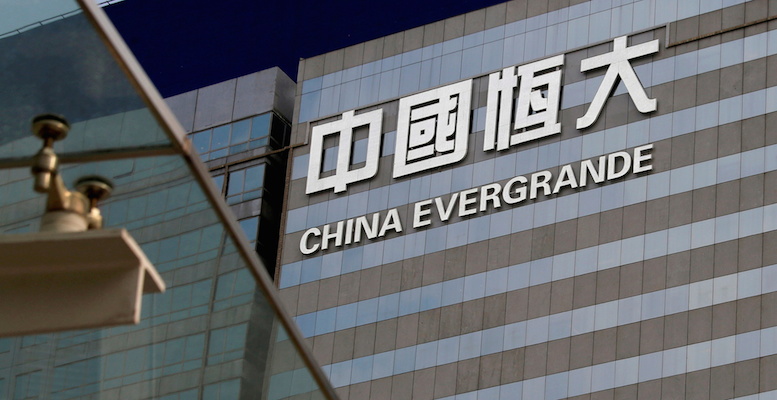Alicia García Herrero (Natixis) | Chinese policy makers have been engaged in a massive regulatory crackdown for over a year. A number of sectors have been affected, starting with the tech sector, followed by the education sector. At the same time the real estate sector has also been severely affected by a specific regulatory crackdown (the three red lines) and a more general antitrust push has also taken place. In addition, President Xi Jinping has put at the top of the agenda the quest for common prosperity. In this note, I will be reviewing three major issues related to China’s regulatory crackdown and its potential consequences.
The first is the tech sector and data issues. At a broader level, the regulatory overhaul that may soon characterize the European tech landscape can be largely interpreted as an acknowledgement that ex-post antitrust enforcement is ill-suited to address long standing and emerging issues observed in digital markets. The recognition that ex-post enforcement is not enough is an important driver of the recent tech crackdown in China. But with a significant difference: Chinese authorities do not yet have the same extensive experience of antitrust cases as their European counterparts, which might explain why the Chinese authorities appear to be willing to take an invasive, hands-on approach with restrictive rules dictating how algorithms should function.
The second issue is antitrust forces. Looking at the spectrum of antitrust cases so far, one can think of one obvious reason that the Chinese authorities may be stepping up and deploying their arsenal of antitrust measures is the increasing size of Chinese companies and their oligopolistic behavior in key sectors (fintech and e-commerce). Interestingly, oligopolistic practices can also be found in old sectors dominated by state-owned enterprises such as energy and even the transport sector, although they have remained largely unscathed by the government’s antitrust push, neither in ICT and telecom sector. Against this backdrop, a more subtle – but possibly relevant – explanation of Chinese policy makers’ decision to step up antitrust measures is to increase state control over key private actors dominating new markets, especially in the fintech and digital space.
Common prosperity is an additional reason for the regulatory crackdown. One of the key traits of China’s post pandemic reality is President Xi’s push for better income distribution through the achievement of so called ‘Common Prosperity’. In the crackdown on the education sector, the link with ‘common prosperity’ is quite obvious. In fact, access to private education is one of the main reasons for worsening income inequality, especially among young people. The third crackdown is in the real estate sector, which is possibly the most important contributor to worsening income inequality due to the rapid growth in house prices sustained over many years.
There is, however, an important risk with China’s new development objective: growth could simply become too low to be able to redistribute it. Plummeting housing prices as households decide to stop purchasing new houses for fear of a similar event as that of Evergrande could be a warning sign. On the other hand, they could reduce household consumption as they will feel less wealthy (at least for those who already own property). Furthermore, investment in real estate is one third of total fixed asset investment, which is bound to collapse if housing prices plummet. China runs the risk of having more ‘common’ but less ‘prosperity’. All in all, the ongoing regulatory crackdown in China is indeed becoming central in the government’s policies and certainly to President Xi’s vision of China’s new step into a socialist economy with Chinese characteristics.





